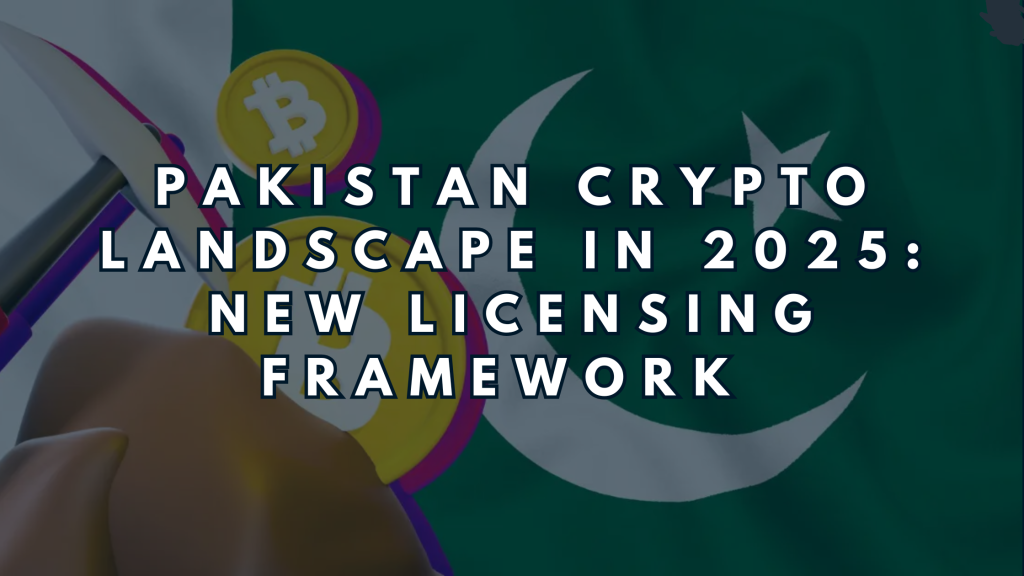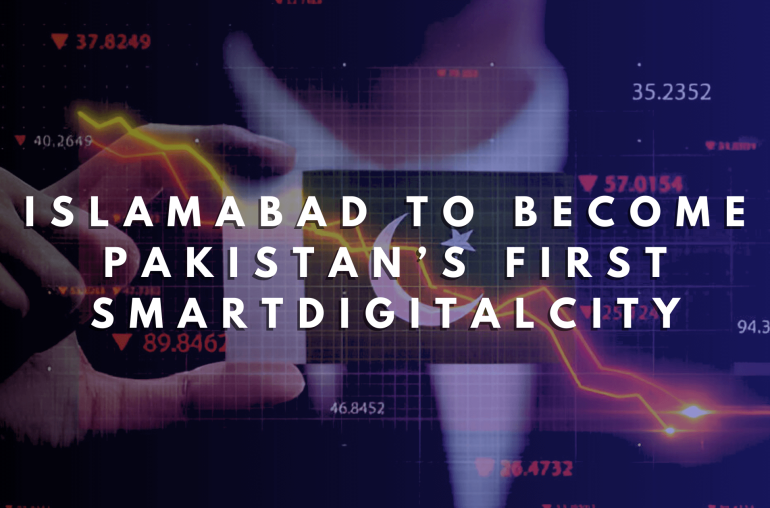
Pakistan is making significant strides in embracing the digital asset revolution, yet navigating the complexities of crypto regulation remains a challenge. As the Pakistan Virtual Asset Regulatory Authority (PVARA) invites global crypto firms to apply for licenses, leading economists warn about the difficulties of regulating cryptocurrencies within the country’s current financial system.
PVARA’s Licensing Initiative: Opening Doors to Global Crypto Firms
Under the new Virtual Assets Ordinance 2025, PVARA has called on international Virtual Asset Service Providers (VASPs) to submit Expressions of Interest (EoIs) to operate in Pakistan. This invitation targets globally recognized firms already licensed by respected regulators such as the US SEC and UK Financial Conduct Authority.
According to Bilal bin Saqib, PVARA chair and State Minister for Crypto and Blockchain, this licensing framework is designed to foster a transparent and inclusive digital financial future for Pakistan, while adhering to global compliance standards set by the Financial Action Task Force (FATF) and International Monetary Fund (IMF).
Strict entry criteria include detailed audits of company profiles, technological capabilities, compliance records, and Pakistan-specific business models. The framework aims to curb illicit finance, support fintech innovation, and explore Shariah-compliant crypto products.
Regulatory Hurdles: Why Crypto Is Hard to Control in Pakistan
Despite these efforts, economist and former FBR chairman Shabbar Zaidi highlights a critical challenge: Pakistan’s current financial system, tightly regulated by the State Bank, is ill-suited for overseeing cryptocurrencies. Crypto’s inherent design prioritizes anonymity and lack of traceability, which makes it fundamentally resistant to regulation.
Zaidi points out that while around nine million Pakistanis actively trade digital assets like Bitcoin, the country’s stringent foreign exchange controls limit traditional oversight methods. He warns that virtual currencies in Pakistan already exhibit behaviors similar to hawala — informal money transfer systems — being used for cross-border transactions and potentially under-invoicing trade.
This regulatory paradox means that even though a crypto regulation law is under parliamentary discussion, effective enforcement may be elusive without changes to Pakistan’s broader financial ecosystem.
Growing Crypto Adoption Despite Challenges
Pakistan’s rapid rise in crypto adoption ranks it third globally according to Chainalysis’ 2025 Global Crypto Adoption Index. This growth prompts the government to launch initiatives like a Bitcoin Strategic Reserve and dedicating surplus electricity for crypto mining and AI development hubs.
However, the IMF has expressed caution over subsidizing power for crypto mining, underscoring the need for balanced policymaking.
Looking Ahead: Balancing Innovation and Regulation
Pakistan stands at a crossroads in its crypto journey — eager to tap into global innovation and investment, yet grappling with the intrinsic difficulties of regulating decentralized digital currencies. The new PVARA licensing framework is a major step toward creating a compliant and secure crypto market but must be matched by financial system reforms and ongoing dialogue about trust, transparency, and technology.




